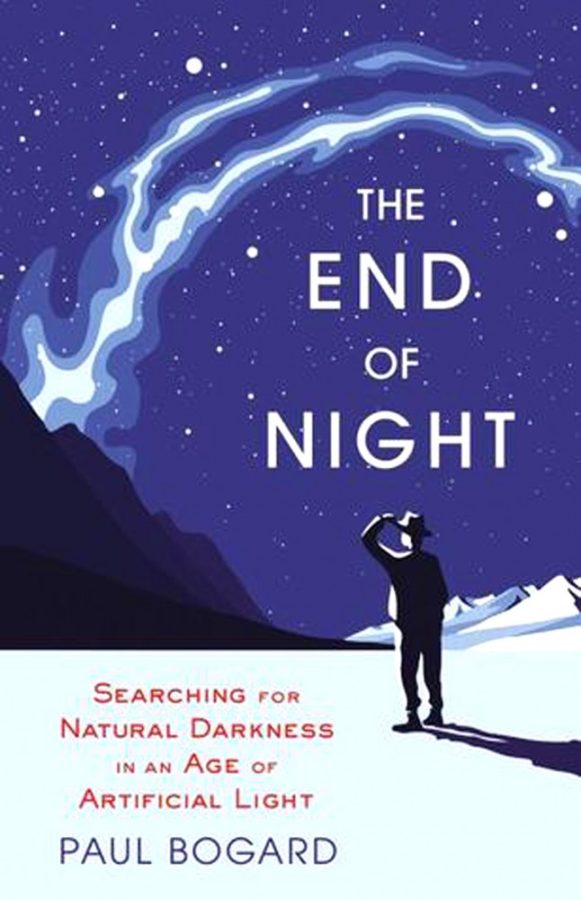It’s the only pollution that we see every day but never think about. Light pollution may sound like an issue only astronomers care about, but it has been linked to negative effects on our health, ecosystems and climate. One author who cares deeply about the subject is Paul Bogard, an assistant professor of English at James Madison University. The Daily Wildcat sat down with Bogard to talk about his book on light pollution, “The End of Night: Searching for Natural Darkness in an Age of Artificial Light,” before his appearance at the Tucson Festival of Books.
Daily Wildcat: How did you become interested in light pollution?
Bogard: When I began learning the constellations after college, I quickly realized I couldn’t see half of what I was told to look for, and this was because of light pollution. From there, I began to learn about all the other costs from light pollution. Losing the stars is just the beginning.
Who was the most favorite person you met when researching “The End of Night”?
I met a lot of great people. One of the first was François Jousse, the man who led the relighting of Paris over the past 30 years.
Where was your favorite place you travelled when researching “The End of Night”?
Well, it’s always great to be in Paris, but Death Valley National Park was also a wonderful place to visit the night.
What was the most surprising thing you learned when researching “The End of Night”?
I was surprised that so many amateur astronomers were doing so little to protect the night sky. They seem content to simply go somewhere else if the sky they knows gets too bright to see the stars. We need these folks to join in the effort to protect darkness.
Why should the average person care about light pollution?
Because it’s an enormous waste of energy and money; it actually makes us less safe at night by creating glare and creating the illusion of safety; it is destroying habitat[s] for nocturnal creatures who help keep our world alive; [and] it is negatively impacting our physical, mental [and] spiritual health. Losing the stars is only one cost from light pollution. Even if you never go outside at night to see the stars, your life is being negatively impacted by our irresponsible, wasteful, unneighborly use of light.
What can the average person do to mitigate light pollution in their community?
First, become aware that light pollution is just about everywhere. Next, take care of the lights on your own property by shielding them so they only shine downward rather than into the sky or into your neighbor’s house. And finally, take action to create or help enforce lighting ordinances in your community.
What advice do you have for someone interested in publishing their own book?
Read a lot so that you understand what’s already been published and where an opportunity might lie. Write a lot so that you develop your voice. Write a book proposal, and contact an agent.
What advice do you have for students interested in a career in environmental writing?
We need you. We need as many voices as we can get to be talking about what we’re doing to this natural world we love. Read a lot, and write a lot. And remember that people want most of all to read stories, not data. Tell us a story about something you love, and we will listen.
Don’t forget to see Bogard during his three panels at the Tucson Festival of Books. He will be speaking at a panel called “Dark Skies and National Parks” on Saturday at 11:30 a.m. at the National Parks Experience Store. Following that discussion, he will be in the Integrated Learning Center Room 120 at 2:30 p.m. leading a panel called “Dark Skies: An Endangered Resource.” On Sunday, he will be speaking on the Science City Main Stage at 2:30 p.m. at a panel called “Bring Back the Night: Light Pollution and Human Health.”
_______________
Follow Patrick O’Connor on Twitter.









